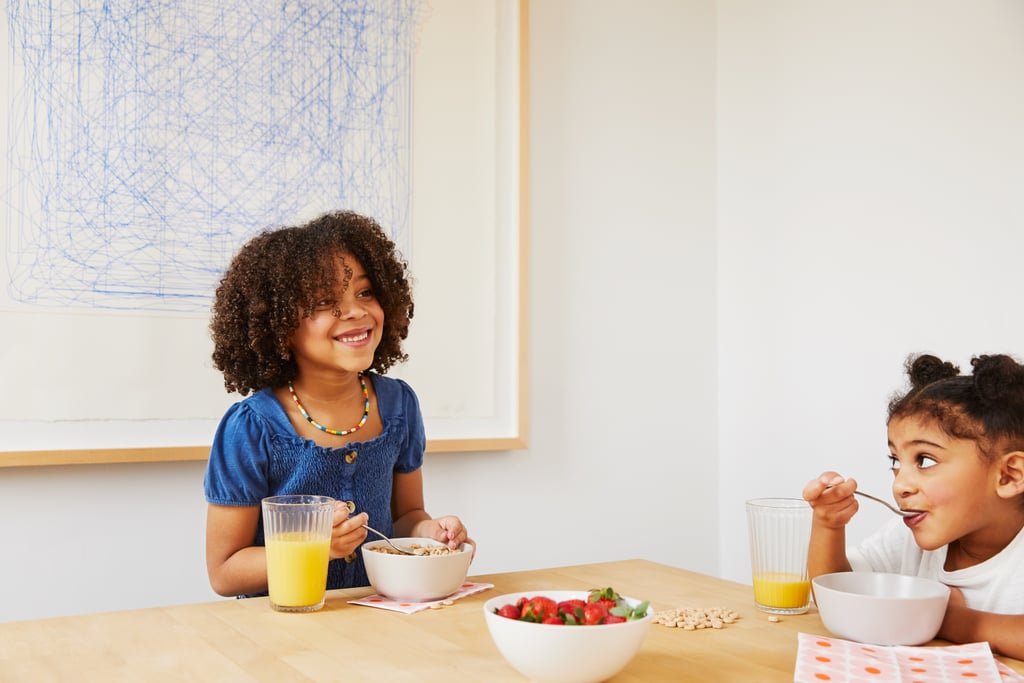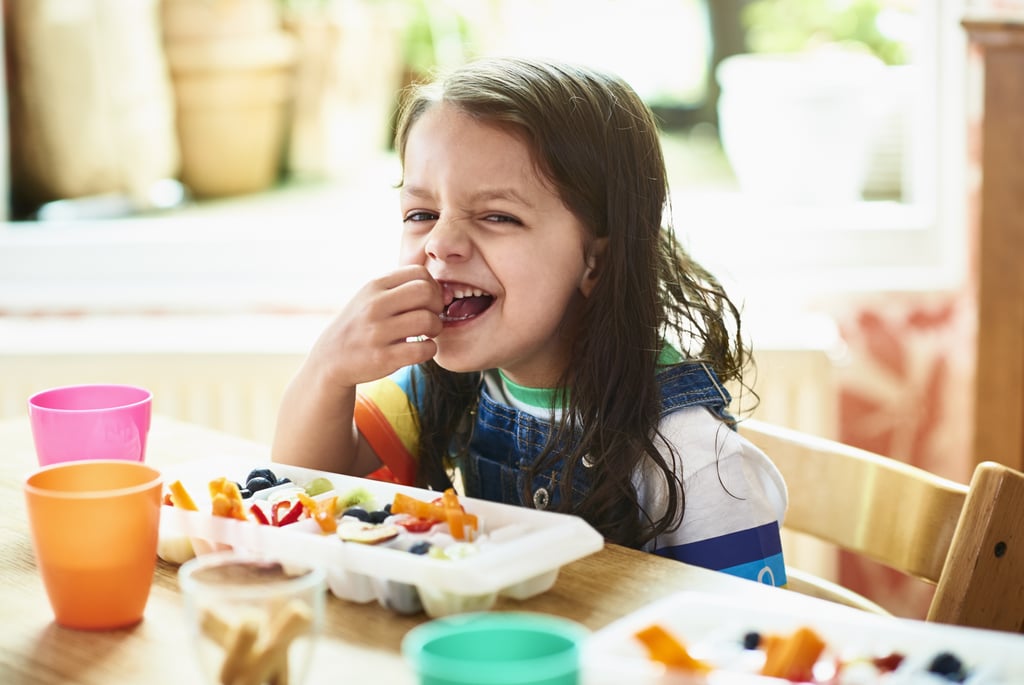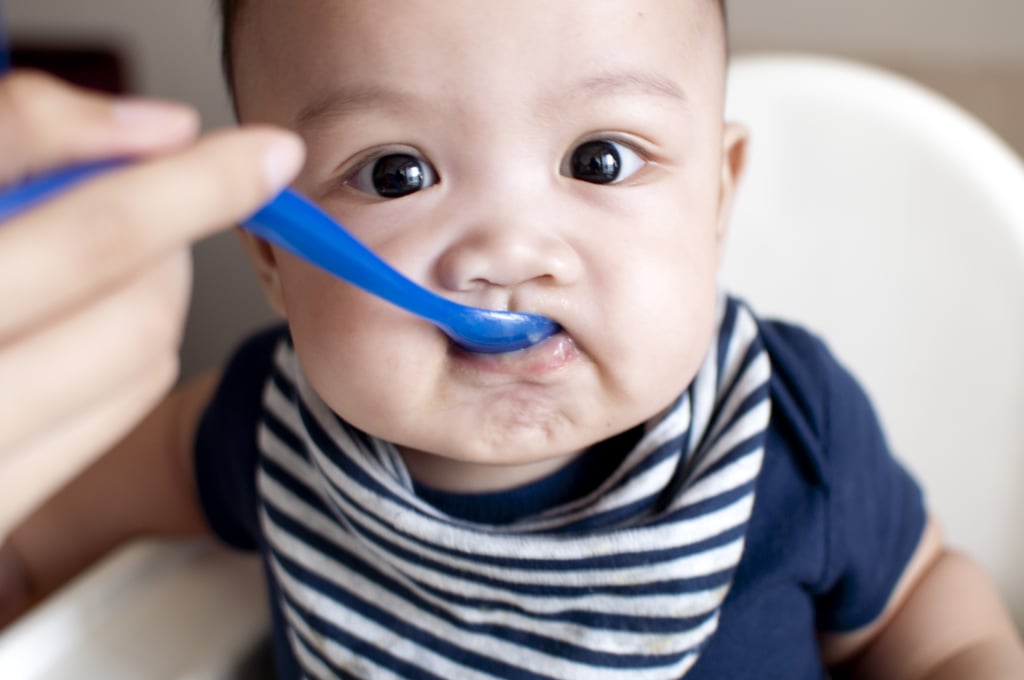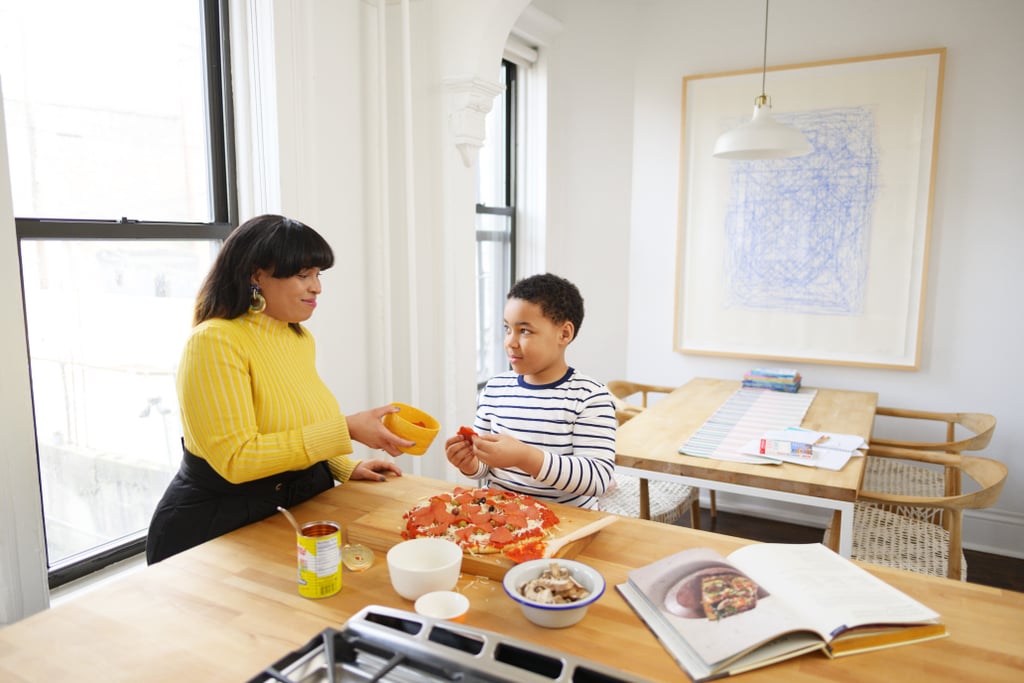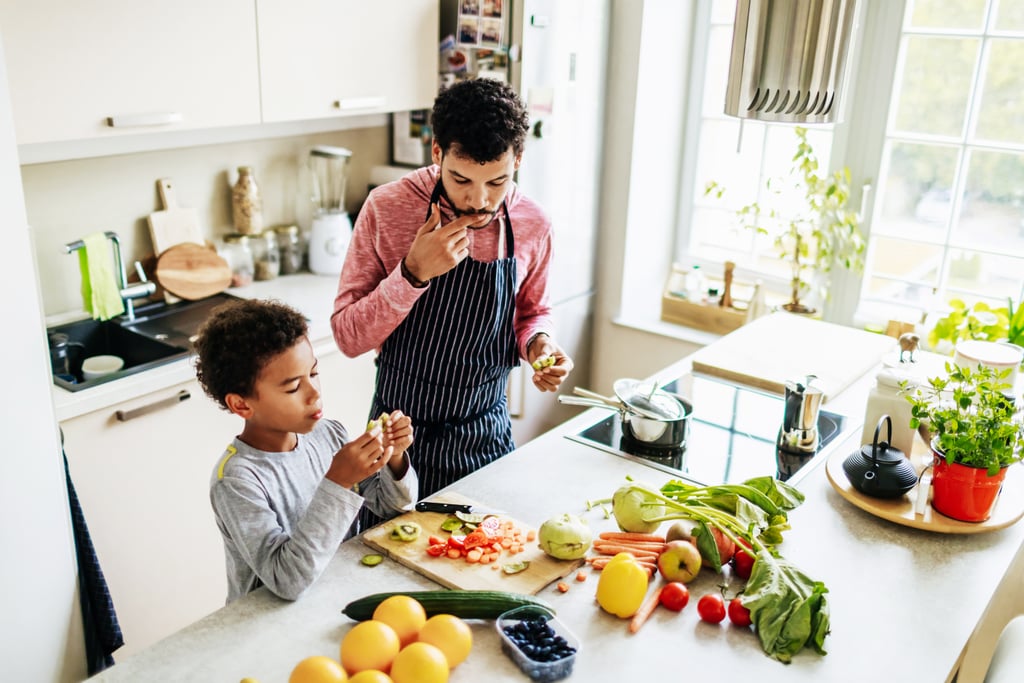Cultivating a child's healthy relationship with food [1] starts with building healthy lifestyle habits. Their experiences with food in their early years, which also happens to be when most kids go through their picky eating phase [2], can set the tone for the kinds of habits they form in their adult lives. Teaching familiarity and acceptance of real food can get kids to love eating fruits and vegetables [3], prevent childhood obesity, and most of all, cultivate long-lasting healthy eating. Here are seven research-proven tips for ensuring your tiny human fuels their bodies in the best way.
Surround Them With Real Food
As soon as a baby starts eating, make "real food," foods made with unprocessed, whole ingredients of varying flavors and textures, a part of their daily lives. Not only will they be developing a palate for superfoods [5], but they will also come to expect healthy food as a standard.
Practice Responsive Feeding
The World Health Organization encourages parents to practice responsive feeding, which is when the caregiver responds to a child's cues for hunger and satiety [7]. Responsive feeding focuses on a distraction-free eating environment, and while it encourages kids to eat when they feel hungry, it doesn't force them.
Relax
You can feel great knowing that when it comes to building a healthy relationship with food, you're the teacher, not the enforcer. Food is a tool, and mealtime is a learning opportunity. Whether your child ate none or all of the food, rest assured that you succeeded because you tried.
Be a Role Model
Eating together provides you with an opportunity to demonstrate your own healthy eating habits [9], which research shows may be the most effective method for improving a child's diet. Because eating behavior is a learned habit, it makes perfect sense that children shape their food relationships after their parents'.
Let Them Play
Research shows that playing with fruits and vegetables, even if the food isn't consumed, can lead to acceptance [10]. In other words, playing with your food builds healthy habits. For babies, this can mean smashing some steamed carrots or smearing purees onto the table. For older kids, this can be tending to a vegetable box or helping prep ingredients for a meal.
Have a New Food Ritual
Create a new food ritual, and turn it into a game. Let your child decide what they would like to do. Perhaps with every new food you "Look. Smell. Lick. Bite. Chew." They may start out by just holding and looking at the food, but eventually, with enough exposure, it will come to them biting and chewing it. The American Academy of Pediatrics states it takes an average of 10 to 15 tries of a new food [12] before a baby will readily accept it.
Avoid These Phrases
Avoid stress-inducing statements like "You have to finish this plate," or "You need to eat this before you can eat that." Instead, ask the child to reflect on their feelings of hunger or satiety with questions such as "How does your stomach feel?" and "Are you still interested in eating?" In doing so, you'll avoid mealtime battles [13], keep the experience positive, and help them learn to self-regulate.

